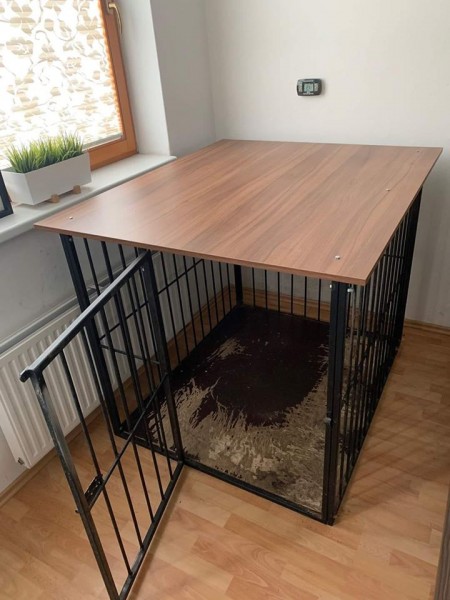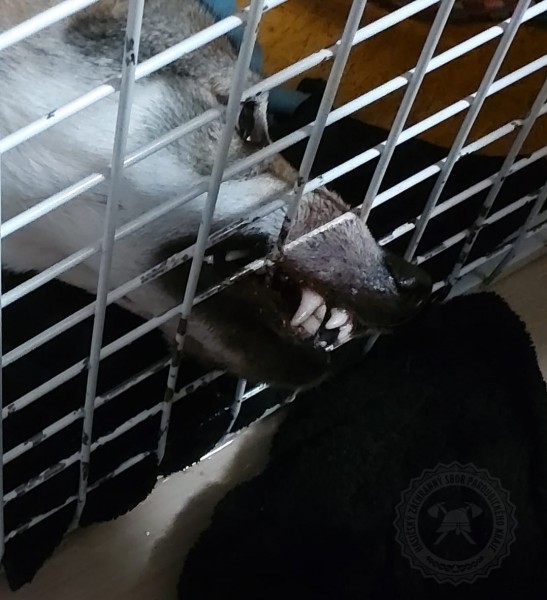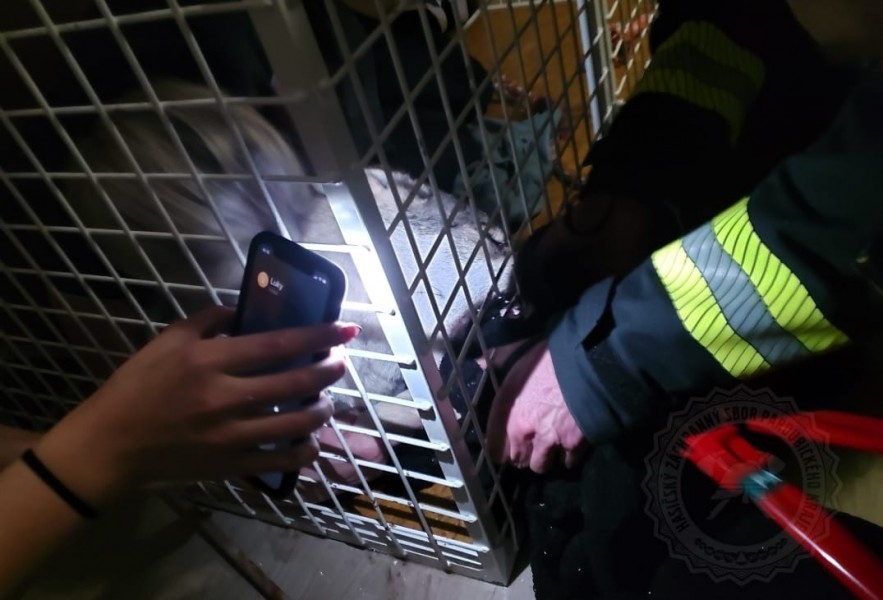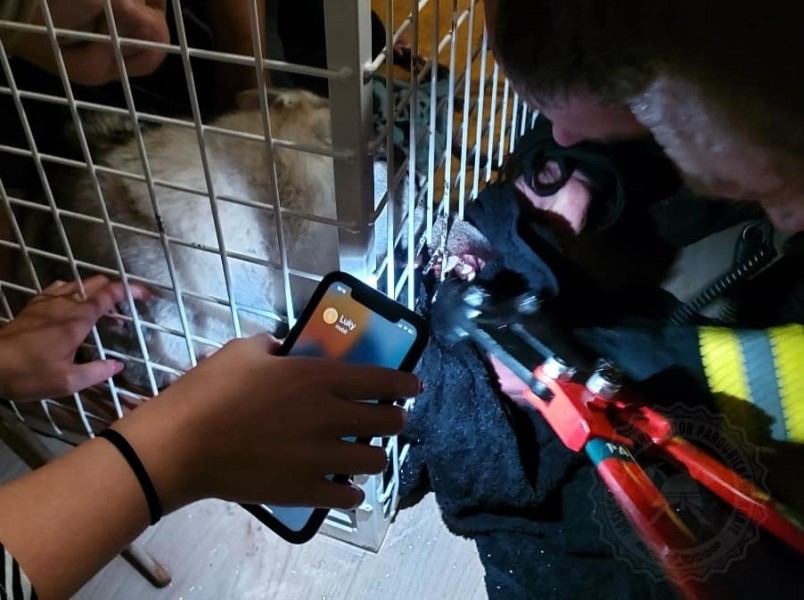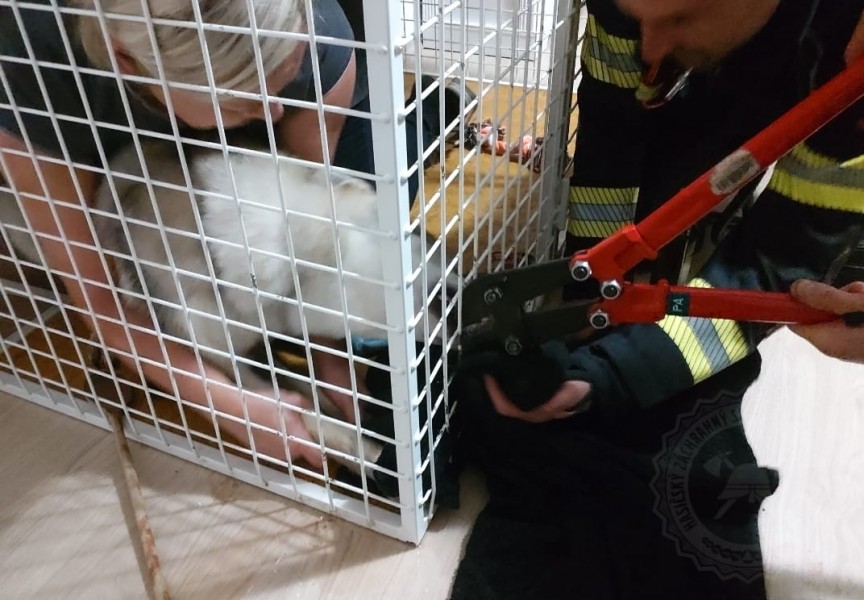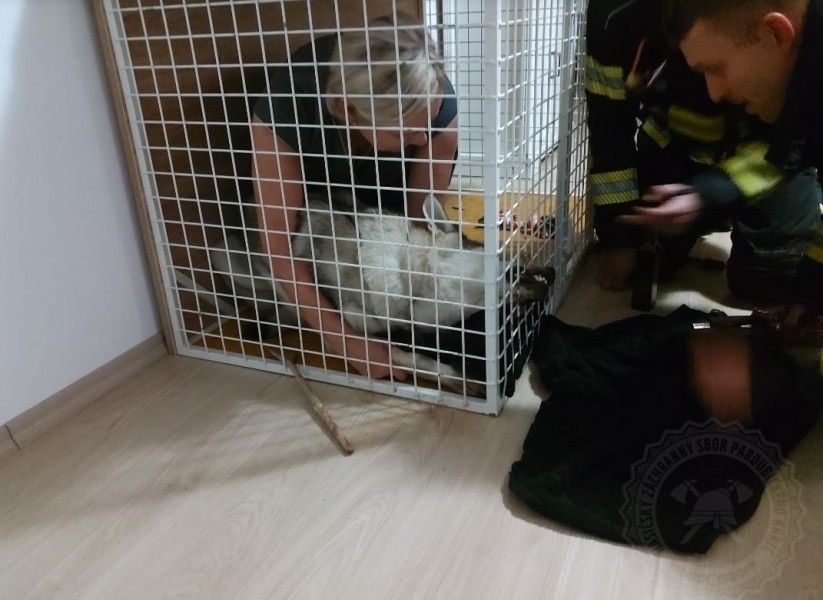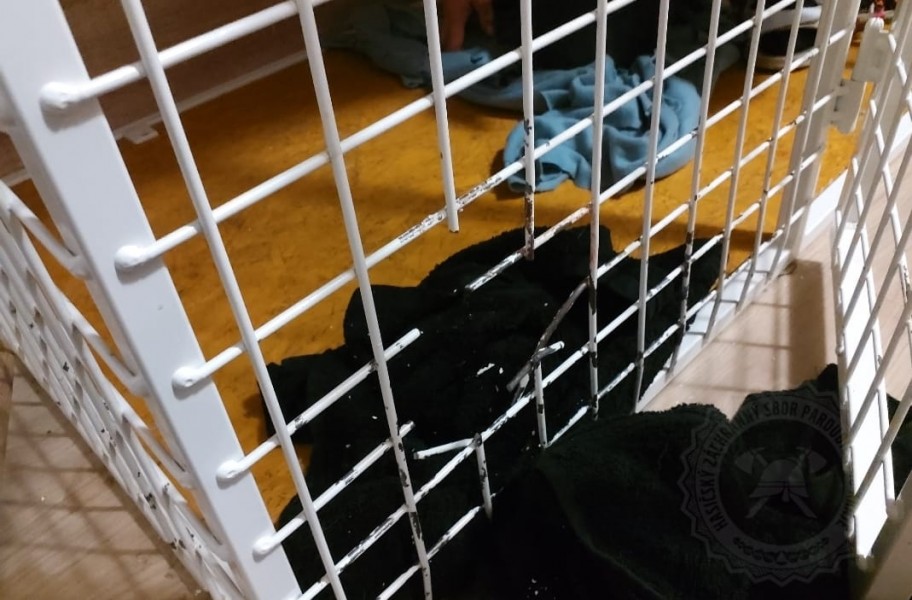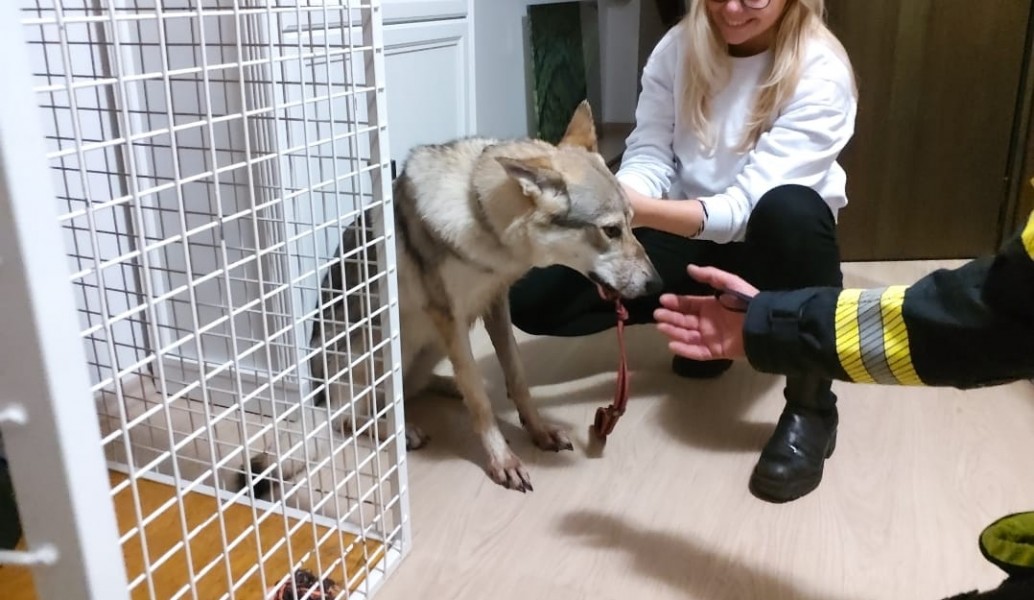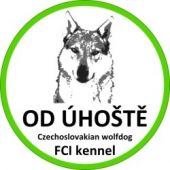
czechoslovakian wolfdog "od Úhoště"
|
For whom is / is not suitable
To truthfully answer this question, let's look at what the standard and the breed tell us:
Nature and Character Temperamental, highly active - a Czechoslovakian Wolfdog typically possesses these traits. While there may be individuals that are explicitly lazy, preferring to observe others' activities rather than actively engaging, the breed, in general, is active. If we want to adhere to the standard and cater to the physiological needs of the breed through the dog's keeping and breeding, the owner should provide adequate occupation for their dog. Training, dog sports, or private activities such as cycling, scooter riding, sledging... If Wolfdogs are kept in an apartment for several generations, where the only activity is walking in a 1x1m cage and an evening stroll around the block, typical breed characteristics such as temperament will gradually disappear. The dog must have the opportunity to move actively when it feels the need, without hitting the walls of a domestic cage, expending energy by endless scratching the floor of the cage or repetitive movement along a closed corridor there and back. The same applies to being enclosed in a kennel all day. Unused organism properties gradually disappear; this is simple genetics... If you insist on a perfectly maintained garden, do not get a Wolfdog. Can't provide your Wolfdog with daily activity? Don't have time to devote your active time to it? Get another breed and don't ruin this one. It doesn't deserve it. Enduring - this breed characteristic goes hand in hand with temperament. Still, to support and especially maintain this typical breed characteristic, we should deliberately engage the Wolfdog during its life. Ideal activities include cycling, canicross, dog trekking, scooter riding, sledging. If you train a dog in active work, where it not only runs but also pulls, that's ideal. Such individuals are a joy to use in further breeding. Breeders should ideally use such active individuals in breeding. Can't ride a bike or run, and your dog spends walks on a leash? Get another breed. Trainable - every Wolfdog should have a job. We all know that a bored Wolfdog is worse than dynamite. A dog that lives in a closed yard without stimuli, walks in the surroundings, and a job for its head suffers greatly. Also, a Wolfdog that waits for the owner all day in the apartment, with its only stimulus being the owner's evening arrival and a walk on a leash around the block, also suffers. They won't tell the owner because they can't. Therefore, it's very selfish to get a Wolfdog for someone who doesn't have time for them. They place it in an apartment and don't consider the dog's needs. They get it just because they like the Wolfdog and want it. Your dog MUST have mental occupation. Any training, activity, sport. Is the concept of "having a Wolfdog" for you associated with looking at your dog permanently living in the yard without the possibility of walks or spending endless days in a home cage? Get another breed. Or better yet, none. Resistant to Weather Conditions - this is an important trait that makes a Wolfdog a Wolfdog. Everyone gets one because they want a "wolf" and then stuff this "wolf" into a heated apartment. That's entirely wrong. The Wolfdog's body must be exposed to daily and nightly temperature changes, seasonal changes, and its body must develop a dense winter coat with massive undercoat and a summer coat. At least if we want to keep the Wolfdog a Wolfdog and not end up with a pathetic caricature after a few generations of keeping them in an apartment. Every breeder should ensure that individuals involved in breeding live constantly in conditions that support the typical breed characteristics. Because characteristics that are not used gradually degenerate and eventually disappear. We want a resilient breed that can cope with adverse weather conditions, just like wolves. Many owners claim how their dog willingly enters the cage. Did that dog experience rolling in the grass, the opportunity to run around the garden whenever it felt the need? Did it experience games with friends all day and rest only when exhausted after an exhausting daily outdoor game? What do you think? Was the inhabitant of such a cage happy to be closed? Was the view of white walls around and the sterile environment of the apartment enough for it? Did the olfactory stimuli from the apartment suffice?
And, with the highest probability, it is closed even at night. Such keeping of (not only) Wolfdogs should be punishable and considered as abuse. The photo shows a dog repeatedly injuring itself in attempts to get out of the home cage.
Did you like this event? I certainly did not. Will your dog live indoors all year round? Get another breed. Small, undemanding in space, bred for generations in air-conditioned rooms. |

 Español [ESP]
Español [ESP] Francais [FR]
Francais [FR] Deutch [GER]
Deutch [GER] Poland [POL]
Poland [POL] English [ENG]
English [ENG] Česky [CZ]
Česky [CZ]